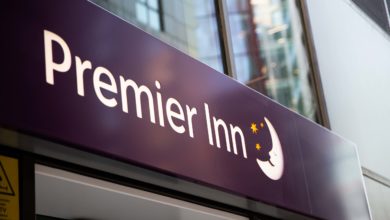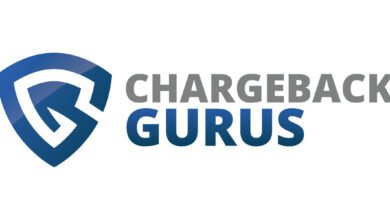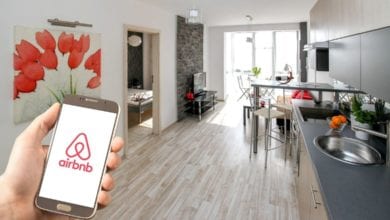
Event business is picking up across the EMEA region, and hoteliers need to capitalise on this opportunity to grow ancillary revenue. The success of this strategy hinges on dynamic pricing technology and the insights it can provide. Many of the factors impacting guestroom dynamic pricing, like seasonality and occupancy, also play a role when optimising event revenue. Using advanced revenue management technology, hotels can accurately adjust event rates in real time as group business fluctuates monthly, organically improving ancillary revenue without sacrificing potential bookings.
Group business has traditionally been built from steep discounts and block rates, which help drive group bookings and indicate potential demand before an event. Revenue management technology can recommend ideal rates for each group offering without compromising returns—often automatically. This allows groups to be more than a means to drive up the value of adjacent bookings made near an event and a reliable source of booking revenue.
Hotels need access to accurate demand forecasting technology to tap into these capabilities. This technology enables them to segment guests into groups based on capacity, amenities, and other attributes. Hotels must also monitor their competitors’ rates as accurately as possible and adjust rates based on booking lead times. These capabilities require a united data strategy and a tech stack capable of trading information between departments. Hotels must also have access to robust data visualisation capabilities, allowing operators to quickly identify actionable trends before making decisions.
Timing Is Everything
If hotels know when to offer the right upgrades during the booking process and how to value each of them from moment to moment, they can reap the benefits of dynamic pricing. For decades, these strategies have informed successful dynamic pricing for hotel guestrooms and the airline industry and also apply to group business and events. By offering upgrades or additional services at the right moment during the booking process, hotels can improve a guest’s event experience and expectations while boosting earning potential and informing future decision-making.
What could that look like in practice? Event organisers typically look to book catering services, audio-visual equipment, additional meeting rooms, and even accessibility features along with their desired event space. Allowing guests to select these elements during the booking process effectively ensures they get the service they seek. Revenue optimisation technology is impactful during this stage because it will enable operators to track the value of each offering and adjust its price based on availability and necessity.
Revenue optimisation tools can also help operators identify more effective ways to allocate space for different events, ensuring the most significant potential availability for bookings. This includes factors such as the size of an event, its duration, and overall earning potential compared to other events.
Lastly, once hotels identify their event space’s most impactful amenities, upgrades, and offerings, operators can offer free, discounted, or preferred access through their property’s loyalty program. The ability to track these trends is an impactful tool for funnelling more business into your hotel’s loyalty program to increase data gathering and guest retention over time.
Getting Granular
Without the right tools, these strategies have their drawbacks. Hotel operators will quickly find themselves overwhelmed attempting to manage trivial details if they manually apply dynamic pricing strategies for each booking. Revenue optimisation technology can update a hotel’s guestroom rates hundreds or even thousands of times per day based on the size of a hotel, its available guestroom types, and demand trends. Operators increasingly rely on automation to reach this level of speed and sophistication for room rate optimisation, and the same will be valid for optimising revenue management for event spaces.
Hoteliers must seek to understand the basis of event demand in the context of new business and the ways the hotel industry is evolving. More companies are embracing mixed meetings due to remote work trends, while others are embracing an entirely in-person approach following months of social distancing. Understanding these trends and how they rapidly develop and influence bookings is challenging, but doing so hundreds of times manually each day is impossible. Leveraging revenue management data and automation can simplify this process, allowing operators to make decisions based on market dynamics without becoming overwhelmed by the process.
Due to emerging trends, event space revenue optimisation is new ground for much of the industry, and only some know what to look for when optimising this space. Instead, operators must turn to data visualisation tools to gain actionable insights. Doing so will lead hoteliers one more step toward total revenue optimisation, with the return of events leading the charge.
By Michael McCartan, IDeaS Area VP EMEA









